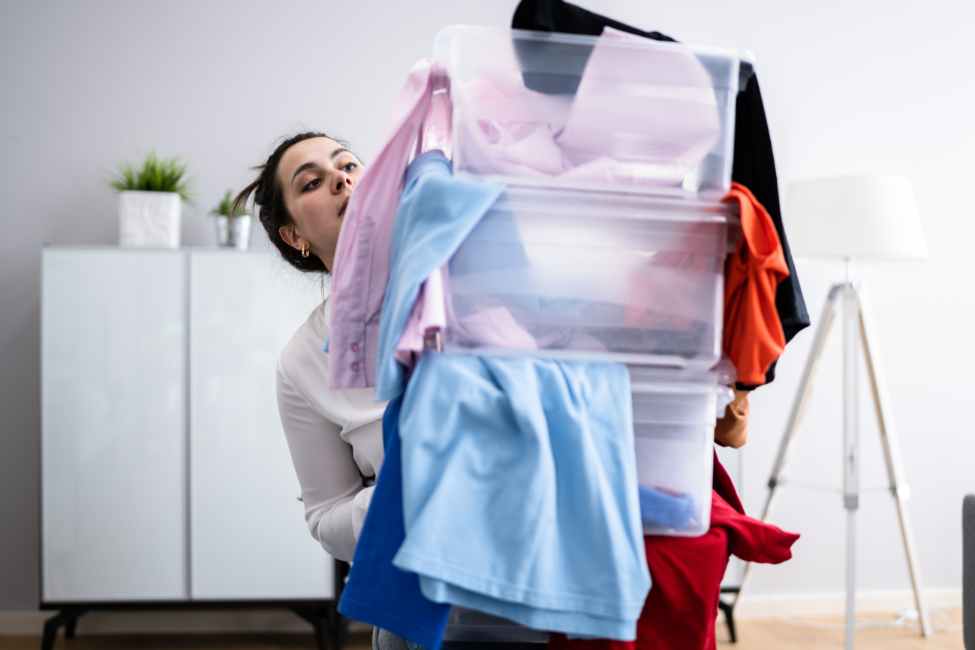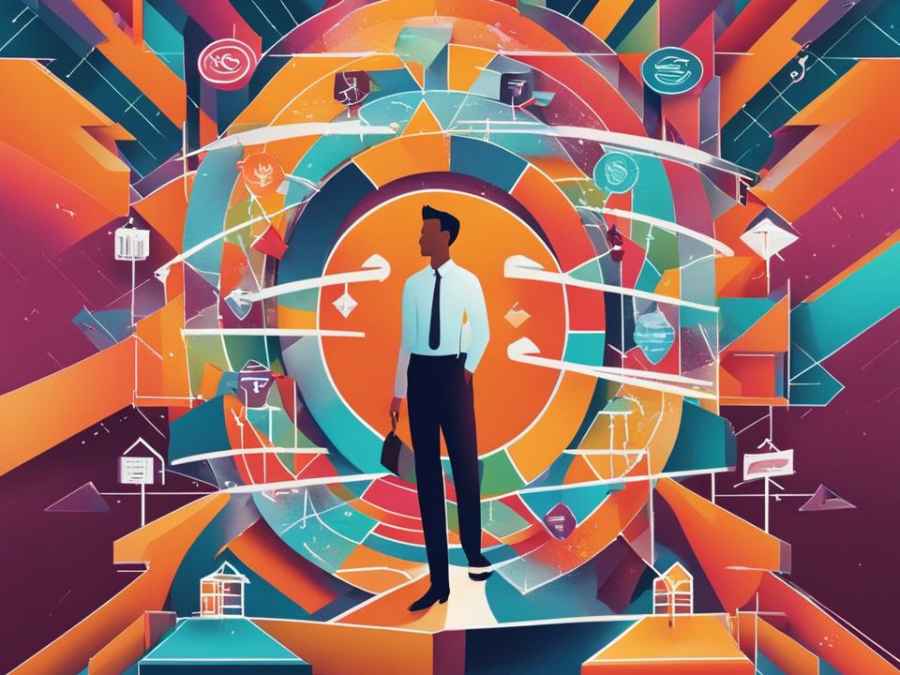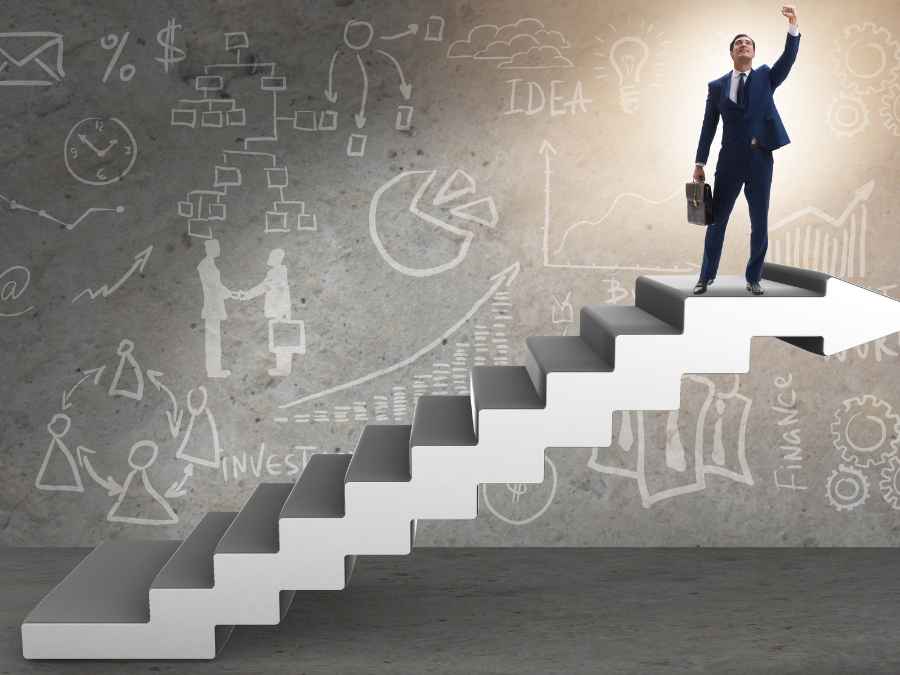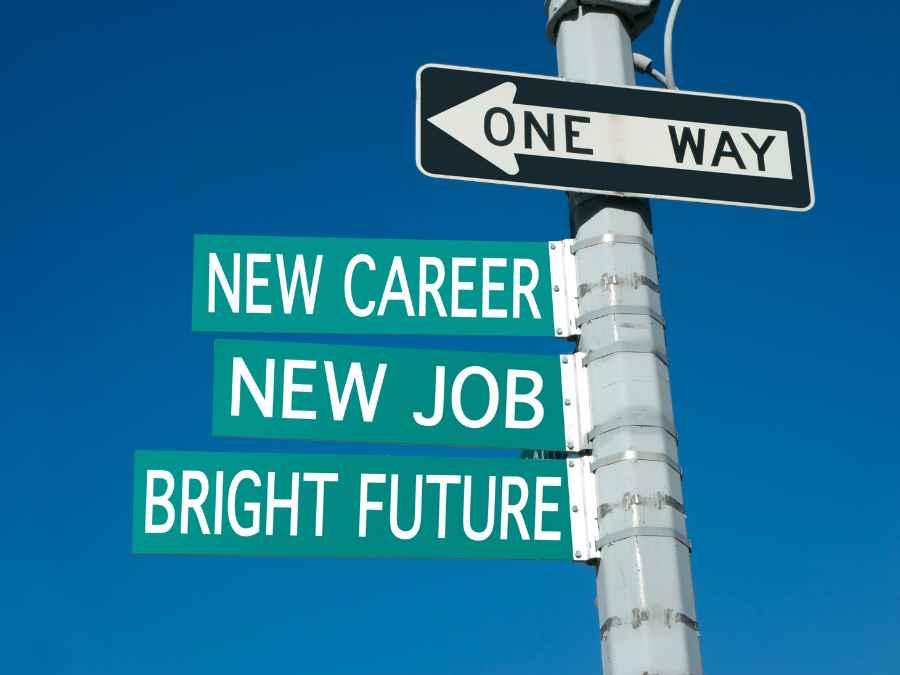“Decluttering can do more than make your living space look better – it can positively affect your overall mental health.”
From reducing stress levels to improving focus and productivity, getting rid of stuff can help you become happier and healthier. But how does it work? In this article, we’ll dive into the psychology behind decluttering and explore how clearing out clutter can lead to improved well-being.
Have you ever felt overwhelmed by the amount of stuff in your house? Whether it’s stacks of paperwork or piles of clothes that never make their way back into the closet, clutter has a way of taking over our lives. It adds chaos to an already busy lifestyle and can cause feelings of anxiety and stress. But what if there was a way to reduce those negative feelings? That’s where decluttering comes in!
By making a conscious effort to clear out unnecessary belongings, you can start to improve your mental health. From minimizing distractions to boosting creativity, decluttering is an effective tool for managing stress and improving wellbeing.
So if you’re ready to take control of your life and feel better, join us as we explore the psychology behind decluttering!
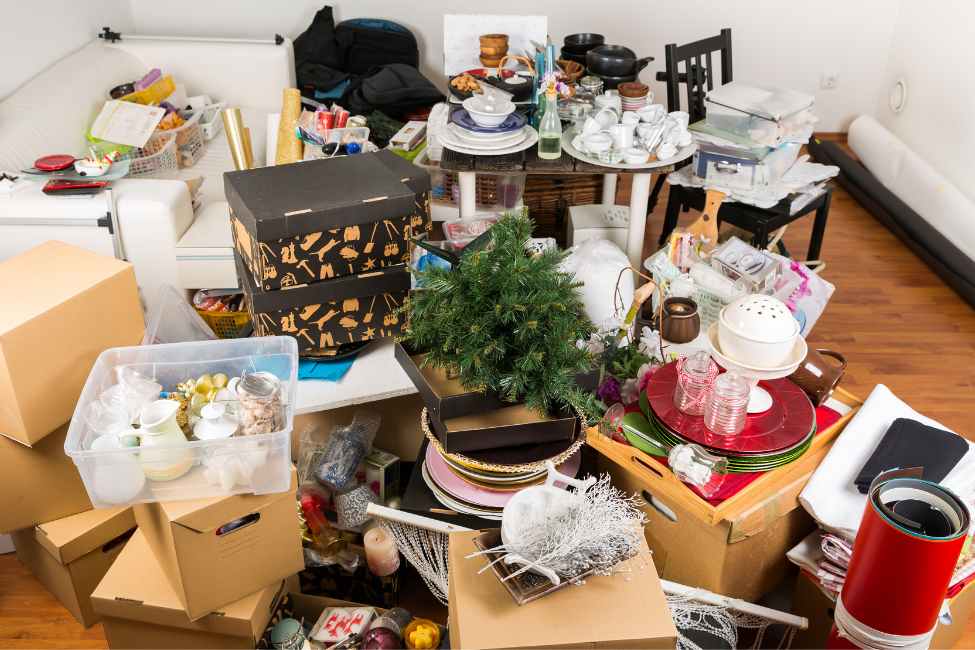
Definition Of Clutter
Clutter is a term that’s used to describe the accumulation of items in an untidy, disorganized state. It can be anything from piles of paper and stacks of books to clothing and toys. Clutter isn’t just physical; it can also refer to mental or emotional stores of information like emails, text messages, and tasks. Clutter has been linked to increased stress and lower levels of productivity, so understanding what it is and how it affects our lives is helpful in taking steps to reduce it.
The accumulation of clutter often begins with a lack of intentionality. We don’t intentionally decide that we want our spaces cluttered; rather, the items accumulate over time without our knowledge or acknowledgment until we realize how much stuff we have! Clutter can manifest in many forms: messiness, disorganization, hoarding behavior, and even digital clutter like email inboxes full of unread messages.
The effects of clutter on our mental health are significant. Studies have found that people with cluttered homes are more likely to suffer from depression, anxiety, and low self-esteem than those with tidy homes. Additionally, living amidst clutter increases stress levels and decreases productivity by making it difficult for us to focus on the tasks at hand. Being surrounded by things we don’t need or want makes us feel overwhelmed and unmotivated.
It’s clear that reducing clutter can improve our mental health by reducing stress levels and giving us back control over our environment. Taking steps towards decluttering – whether that means donating unwanted items or setting up systems for organization – can help us feel better both mentally and physically.
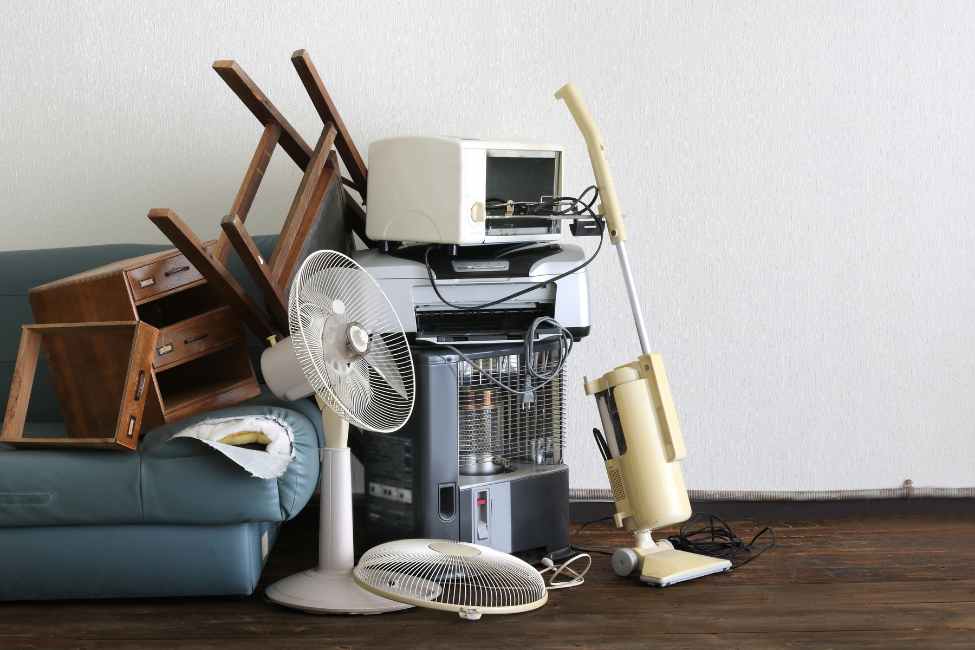
Reasons For Holding Onto Things
Many of us have a tendency to hang on to things for various reasons. Some people keep items because they don’t want to part with memories or sentimental value. Others may feel that getting rid of something is wasteful, and so they keep it just in case. There are also those who think that having stuff makes them feel secure and gives them status.
The need to keep things can be deeply rooted in our psychology. It can be related to fear of the unknown, fear of lack, or feelings of insecurity and inadequacy. People may also hold onto things as a way to store up resources or create a sense of safety and control in an uncertain world. For some, this means they become hoarders, unable to let go even when their home becomes overwhelmed with clutter.
In addition, many people are driven by the fear of missing out (FOMO). They buy more than they need because they don’t want to miss out on a good deal or the latest trend. This type of behavior can lead to unchecked spending and an accumulation of material possessions that aren’t actually necessary for living a fulfilled life.
All these common psychological issues can make it difficult for us to declutter our lives effectively. We may feel overwhelmed by the amount we have accumulated over time, but understanding why we hang onto things can help us take the first step towards change.
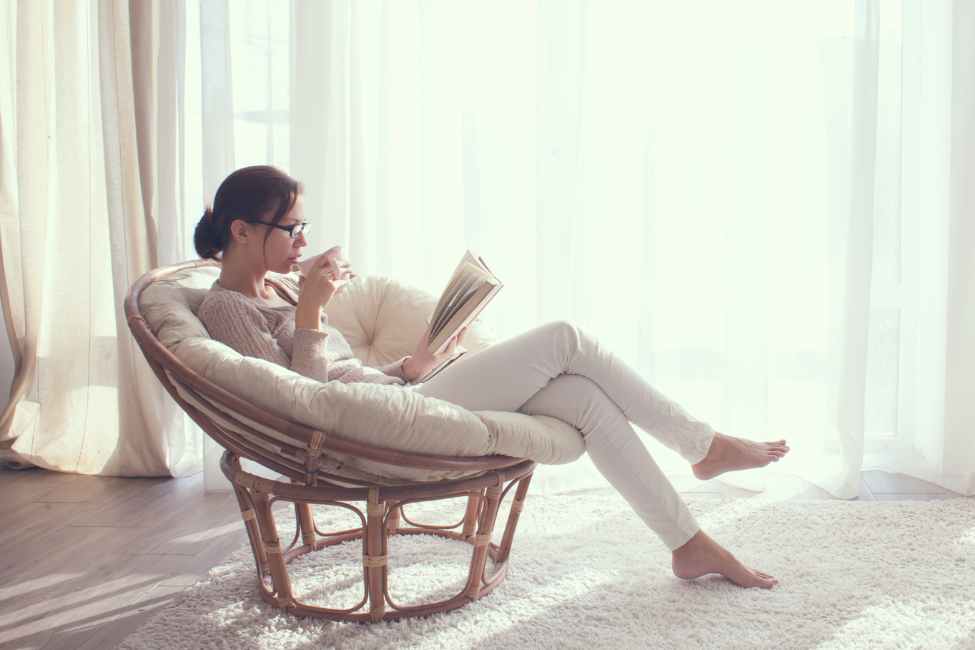
Benefits Of Decluttering
Having explored the reasons for holding onto things, it is time to examine the benefits of decluttering. Decluttering can help reduce stress and improve mental health by creating a more organized and peaceful environment. It can also give us a sense of control over our environment, which in turn can lead to increased feelings of self-efficacy.
When we declutter our physical space, we are also decluttering our minds. By getting rid of unnecessary items, we are able to focus on what is important instead of getting distracted by all the clutter around us. This helps us think more clearly and make better decisions. Additionally, when we let go of objects that no longer serve us, we open ourselves up to new possibilities and opportunities.
Decluttering not only has psychological benefits but also physical ones. By disposing of unneeded items, we create more room in our homes and reduce the need for storage space. This creates an overall feeling of spaciousness and comfort that can be highly beneficial to our mental health. Furthermore, organizing our belongings allows us to find items quickly without having to search through cluttered piles or drawers, meaning less wasted time and energy on messes that could otherwise be avoided.
Decluttering is an incredibly powerful tool for improving both mental and physical wellbeing. Through this process, we can learn how to make informed decisions about what truly matters in life while freeing ourselves from the burden of clutter and chaos.
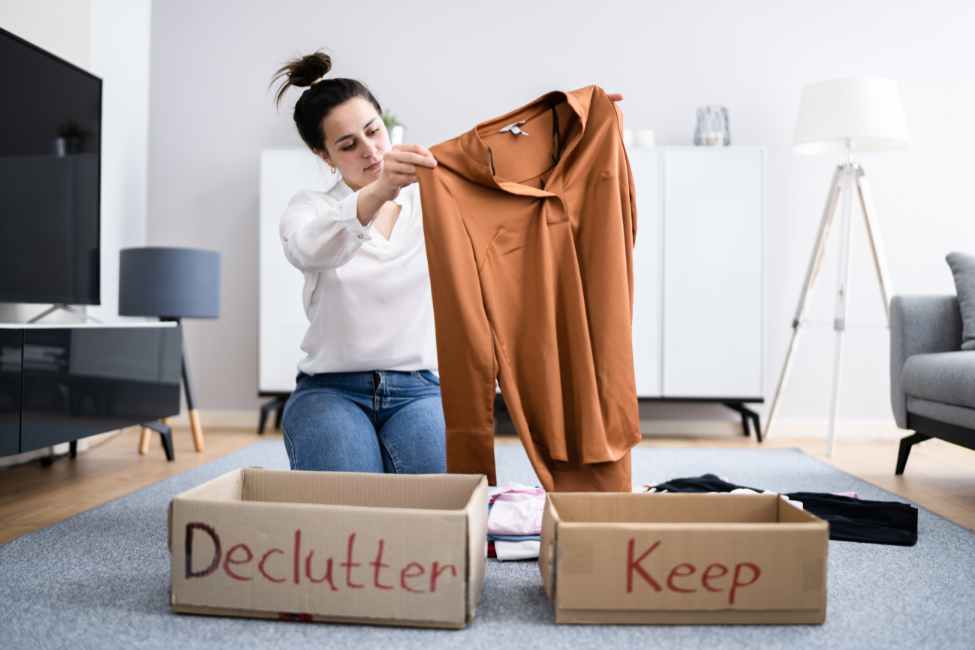
How To Start The Decluttering Process
Decluttering your home can seem like a daunting task. It’s important to take it one step at a time and not be overwhelmed by the entire process. Start by breaking the project up into smaller, more manageable tasks.
Here are some tips for getting started:
Set aside enough time for each task so that it is not rushed. That way you can make sure you declutter thoroughly and make decisions about what to keep or donate in a thoughtful manner. Don’t forget to give yourself breaks if needed!
Start with an area that has the most clutter, or whatever space is most bothersome to you. This could be an entire room or just one corner of a room. Focus on one area at a time; this will help you stay organized and motivated as you move through the process.
Begin sorting items into three piles: keep, donate, and trash. Be honest with yourself when making these decisions – if something hasn’t been used in years or no longer serves its purpose, it’s probably safe to let it go. Also keep in mind that there are organizations that accept gently used items such as clothing, furniture and appliances for those who may benefit from them more than you do now.
Once all the sorting is done, organize what needs to be kept and discard of anything going into the donate or trash piles right away so that busy areas of your home are not cluttered with piles of items waiting to be taken care of later on. Remember, taking on a decluttering project can have tremendous mental health benefits so don’t get discouraged! Stay focused on your end goal and enjoy the positive feelings associated with having a clean home environment!
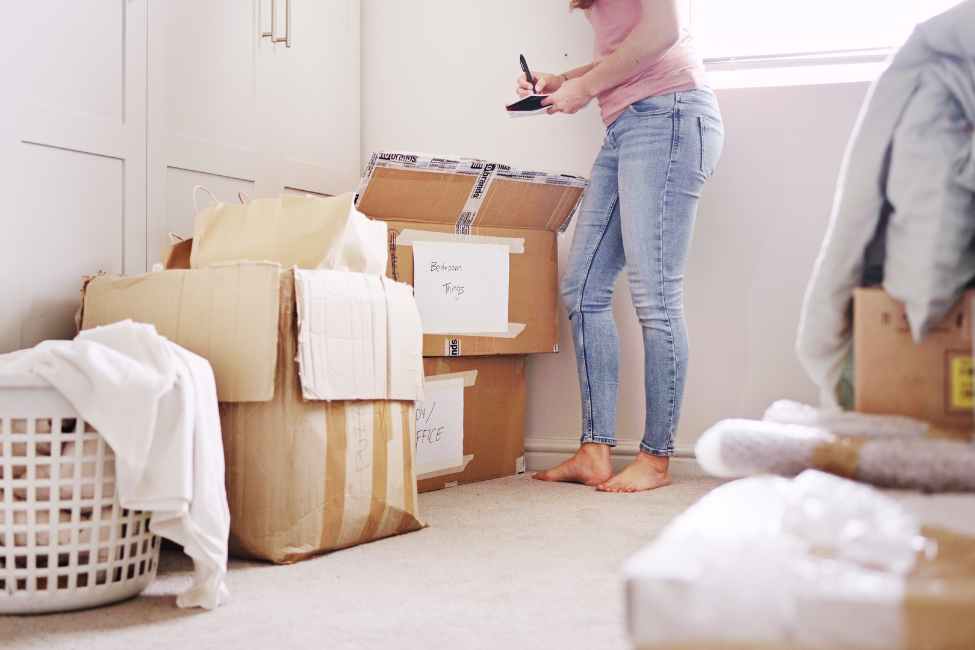
Strategies For Discarding Items
When it comes to decluttering, the hardest part is often knowing where to start. To make it easier, there are a few strategies that can help.
First, try the one-in-one-out rule. This means that for every item you bring into your home, you must get rid of one item. This helps to keep clutter from building up and ensures that you only have items in your home that serve a purpose or bring you joy.
Second, create an inventory of all the items in your home and decide which ones are necessary and which ones can be discarded or donated. This will help you to focus on organizing and discarding items that don’t serve a purpose or bring value to your life.
Finally, if you find yourself struggling with letting go of certain items, try breaking down the decluttering process into manageable chunks; set aside time each day to work on one area or room at a time. This will make the task feel less overwhelming and allow you to focus on what really matters: improving your mental health by getting rid of anything that no longer serves a purpose in your life.

Techniques To Maintain A Clutter-Free Home
Techniques to maintain a clutter-free home can help reduce stress and improve mental health.
The first step is to create a plan for decluttering and organize the space. This includes deciding which items to keep, donate or discard. It also involves creating designated spaces for items and finding storage solutions.
The second step is to set up systems for maintaining order. This includes having an efficient filing system, regular purging of unwanted items, and setting aside time each day for tidying up. Additionally, it’s important to have clear rules about what goes where and who is responsible for putting things back in their place. Finally, it helps to have a schedule for deep cleaning and organizing on a regular basis.
Overall, creating a clutter-free environment can provide many mental health benefits such as increased focus, greater productivity, improved mood and reduced stress levels. By taking the time to create an organized home environment, you can improve your well-being and enjoy peace of mind in your daily life.
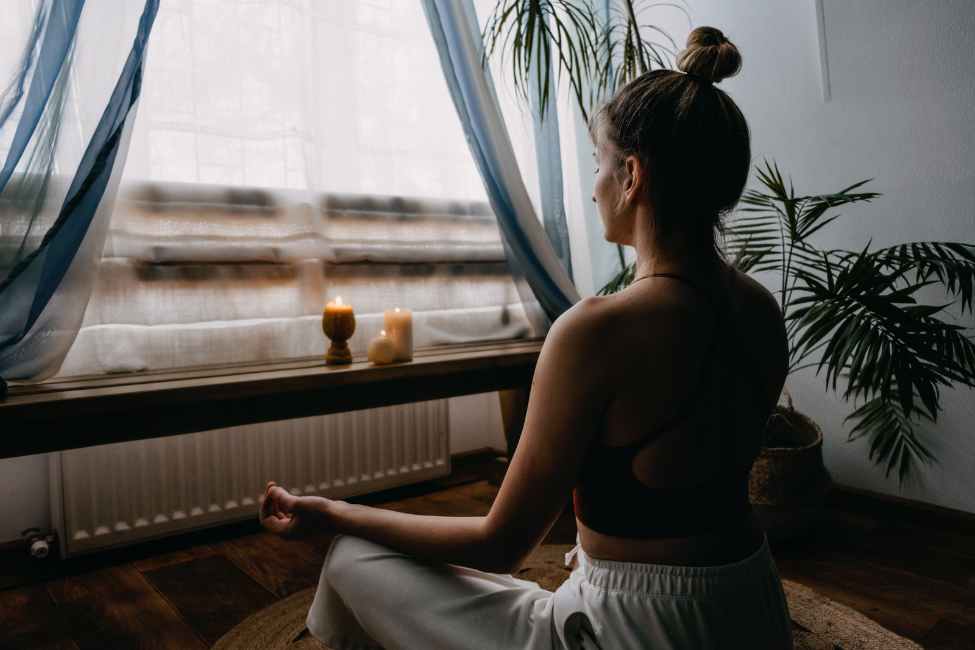
Effects On Stress And Anxiety Levels
Decluttering your life can have a profound effect on reducing stress and anxiety levels. The process of getting rid of physical clutter can help to free up mental space and improve overall wellbeing. It can also help to provide a sense of control, which is essential for managing stress and anxiety.
When we’re surrounded by clutter, it can feel overwhelming and chaotic, leading to increased tension and anxiety. Removing this physical chaos has been shown to reduce the feeling of being overwhelmed, allowing us to focus on what’s important in our lives. Additionally, decluttering can give us a sense of accomplishment that can boost our self-esteem and reduce feelings of inadequacy or worthlessness that often accompany high levels of stress or anxiety.
The psychological benefits of decluttering are not only immediate but long lasting as well. Studies have shown that people who engage in regular decluttering practices report improved moods and lower levels of stress over time. This suggests that the positive effects from decluttering are cumulative; the more you do it, the better you’ll feel! By taking the time to regularly clear out physical clutter on a regular basis, we can create an environment that is conducive to keeping stress and anxiety at bay.

Impact On Self Esteem And Confidence
It has been shown that decluttering can have a positive impact on an individual’s self-esteem and confidence. Studies have demonstrated that when an individual makes the effort to clear out clutter, they often experience increased feelings of control over their environment. This feeling of control is often associated with increased self-efficacy, which in turn means higher levels of self-esteem and confidence.
The physical act of removing belongings from one’s space can cause individuals to reflect on how their items affect them mentally. This reflection can lead to a greater sense of personal ownership over one’s environment, resulting in increased feelings of empowerment and contentment. Additionally, once the items are removed from the space, it can become easier for people to focus on themselves rather than the negative aspects of their lives or surroundings.
Without the presence of clutter distracting them, individuals may start to feel more confident about tackling tasks or making decisions within their lives. Decluttering provides an opportunity for people to take back control and regain a sense of order in their lives – something which is essential for increasing self-esteem and confidence. By taking steps towards creating a more organized space, individuals are able to recognize the progress they are making in other areas too.

Organizational Benefits
Organizing the space around us can have a tremendous impact on our mental health. Not only do we feel better when our environment is neat and tidy, but it also helps to reduce stress and anxiety levels. By decluttering our living spaces, we can create a more organized and efficient space that allows us to focus on what matters most.
Organizational benefits of decluttering include improved productivity, reduced distractions, and better time management. When we get rid of the unnecessary clutter in our homes, offices, or even our cars, we are able to focus on the tasks at hand without being overwhelmed by all the stuff around us. This helps us become more productive and efficient in whatever it is that we are doing. We are no longer wasting time looking for items buried in piles or digging through drawers for that one important document.
Decluttering can also help us become better at managing our time since it reduces the amount of distractions that impede progress. We don’t have to worry about sorting through countless items or deciding what should be kept and what should be thrown away; instead, we can make quick decisions about what needs to stay in order to keep our lives running smoothly. With fewer distractions, we are able to concentrate on getting things done without being sidetracked by all the stuff around us.
By taking the time to declutter our living spaces, we can reap many organizational benefits that will help improve both our physical and mental health. Not only do we feel better in a clutter-free environment, but it also empowers us to take control of our lives and become more organized and productive with fewer distractions along the way.

Long-Term Wellbeing Improvements
The time, energy and money saved by decluttering can lead to long-term well-being improvements. Clearing out possessions can free up space for activities that are beneficial to mental health, such as exercise or creative pursuits. The sense of accomplishment, when a task is completed, can lift spirits, and the resulting feeling of control over one’s environment can be empowering.
For some people, decluttering can also be a form of mindfulness, allowing them to switch off from the stresses of everyday life and focus on what’s important. Taking the time to figure out what needs to stay and what needs to go can help with decision-making in other areas too. It’s a great opportunity to practice living more intentionally and make sure that the things we keep are those that bring us joy or play an important role in our lives.
Studies have also shown that physical clutter has a negative impact on productivity levels, so getting rid of unused items or organizing spaces better could help us become more efficient in our work or studies. This increased motivation could lead to further positive psychological effects like greater self-esteem and satisfaction with life. Decluttering doesn’t just affect our physical environment; it has the potential to transform our lives in countless ways.
Frequently Asked Questions

What Are The Most Common Types Of Clutter?
Clutter is a common problem that affects many people. It is the accumulation of objects in our home or workspace that can become overwhelming and chaotic, causing stress and anxiety. There are many different types of clutter, but some of the most common include paper clutter, digital clutter, clothing clutter, and emotional clutter.
Paper clutter is one of the most common types of clutter. This includes mail, books, magazines, newspapers and other types of paper documents that accumulate over time. Many people find it difficult to part with paper items because they may contain memories or information that we think we need to keep.
Digital clutter is another type of mess that can quickly add up in our modern world. This includes files on computers, phones and other digital devices as well as websites and apps. Digital clutter can often seem more manageable than physical mess because it doesn’t take up physical space in our homes but it still can be overwhelming if there are too many items to sift through.
Finally, clothing and emotional clutter are also common sources of messiness at home or at work. Clothing tends to accumulate over time due to shopping habits or sentimental attachment to certain items while emotional clutter refers to holding onto feelings from past experiences or relationships that no longer serve us in a positive way.
In order to reduce the amount of stress caused by these types of messes it is important for each individual to consider how their personal belongings affect them mentally and emotionally so they can decide what should stay and what should go in order for them to feel better about their environment. Taking control over your belongings will help you create a space where you feel comfortable and relaxed rather than anxious or overwhelmed.
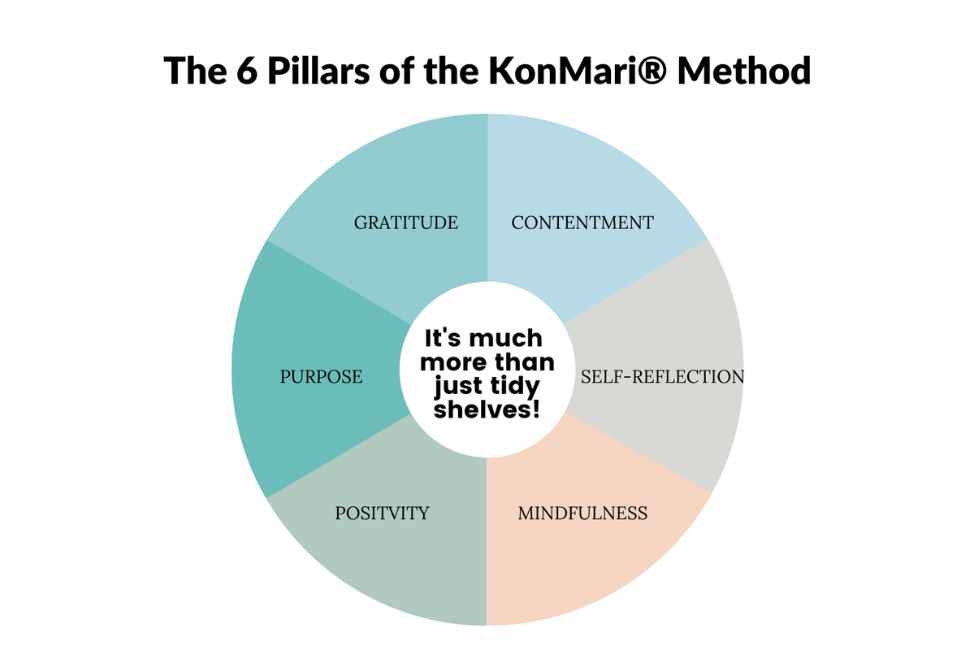
“The KonMari Method” by Marie Kondo
Source: globalmidfuljourney.com
Are There Any Specific Tools Or Resources To Help With The Decluttering Process?
Are there any specific tools or resources to help with the decluttering process? The answer is an emphatic yes! Decluttering can be an overwhelming task for many, but luckily there are plenty of tools and resources available that can make the process much easier. From apps to online tutorials, there are plenty of ways to get started on your journey toward a more organized lifestyle.
One great resource for those just starting out is the KonMari Method. This popular system of organizing was created by Marie Kondo and focuses on discerning which items bring you joy and getting rid of anything else. It’s a great way to start decluttering because it helps you identify what’s important to keep and what can go. There are also plenty of online tutorials and apps that provide step-by-step guidance on how to use this method effectively.
Another helpful tool for decluttering is creating a “one in, one out” system. This means that anytime you bring something new into your home, you must get rid of something else—a great way to keep clutter from piling up again! It also forces you to really consider whether or not an item will add value to your life before bringing it home in the first place, helping reduce impulse purchases that often lead to clutter build-up over time.
Organizing your space doesn’t have to be intimidating if you have the right tools and resources at your disposal. With some careful planning and dedication, anyone can successfully declutter their home and reap all the mental health benefits that come along with it.
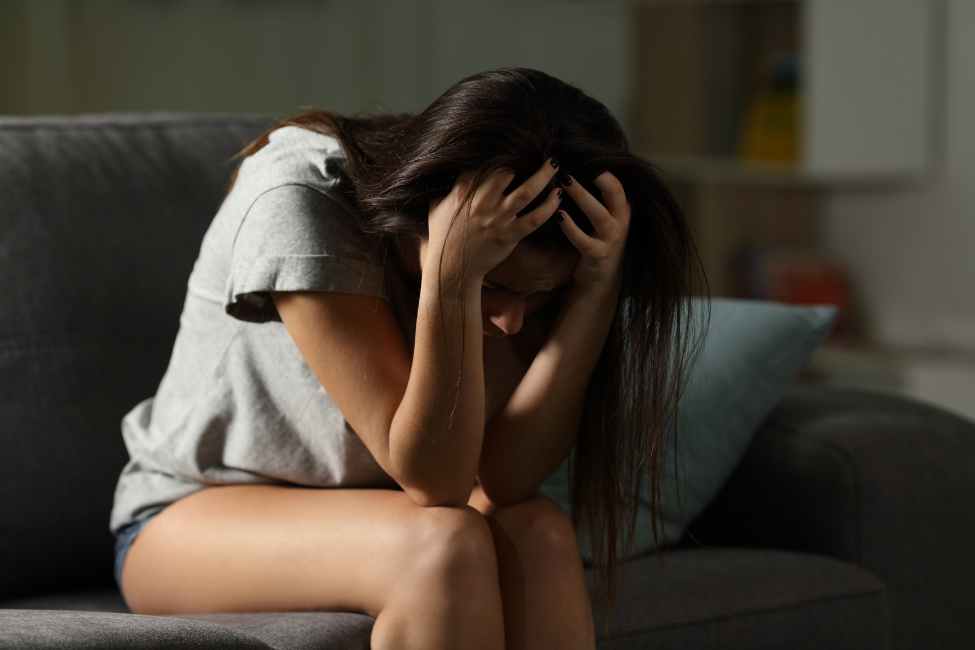
Are There Any Potential Risks To Decluttering?
Are there any potential risks to decluttering? Decluttering can be a great way to clear out some of the clutter that has built up in your home, but it is important to recognize that there may be some risks associated with it. While decluttering can provide many mental health benefits, it is important to be aware that there are some potential risks as well.
The first risk associated with decluttering is that it can lead to feelings of regret or guilt. If you get rid of something without considering its sentimental value, or if you throw away something that could potentially have been useful at a later date, you may find yourself feeling guilty afterwards. This can lead to negative emotions, such as sadness and frustration, which can put a damper on the positive effects of the declutter process.
Another potential risk is becoming overwhelmed by the amount of clutter that needs to be sorted through and removed. It is easy to become disheartened by the amount of stuff in your house and feel like it’s an impossible task. To avoid this feeling, try breaking down the task into smaller pieces and tackling them one at a time. This will help keep your motivation levels up and make the process more manageable.
Finally, it is possible for decluttering to become an obsession for some people. If you find yourself becoming too focused on getting rid of everything in your home and unable to stop even when most of the clutter has been removed, this could be an indication that you are developing an unhealthy compulsion with getting rid of stuff. In these cases, it’s important to take a step back from the decluttering process and think about why you are doing it in order to prevent any potential harm coming from excessive clearing out.
Decluttering can be a great way to improve your mental health but should not be taken lightly as there are potential risks involved. It’s important to consider these before starting the process so that you don’t encounter any unexpected issues along the way.
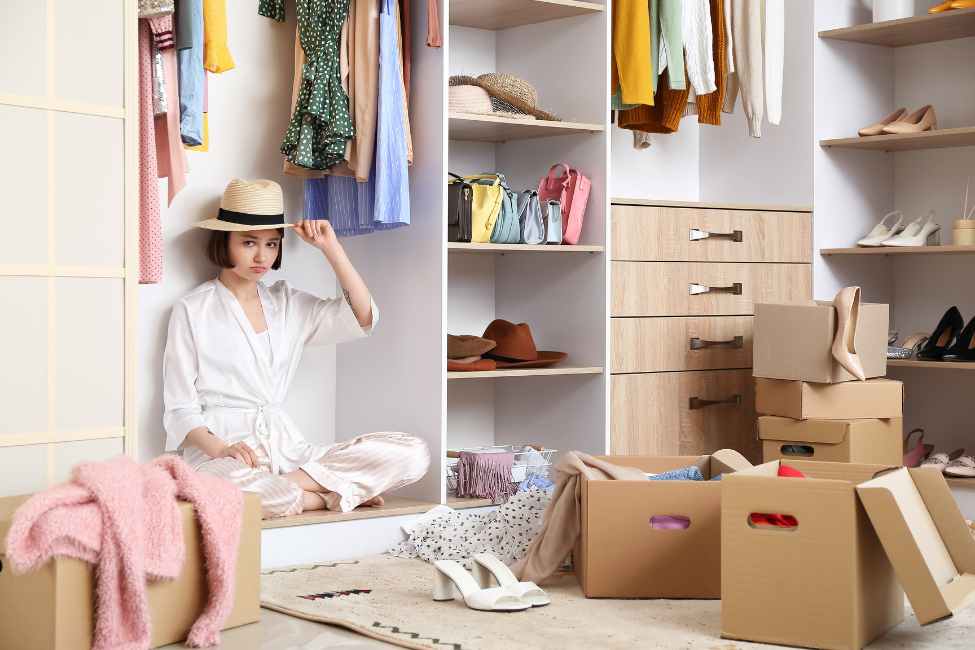
Do Different Techniques Work Better For Different Personality Types?
Do different techniques work better for different personality types? This is an important question to consider when it comes to decluttering. Different people have different needs, and it’s necessary to identify your own individual preferences in order to make the process as efficient and effective as possible.
For some people, a slow and gradual approach may be best. Taking small steps can help you feel more comfortable with the idea of letting go of things, allowing you to gain confidence that you won’t regret your decisions. It can also provide an opportunity to make sure that the items you’re getting rid of are actually free from sentimental value or other importance. On the other hand, if you know what you want to get rid of and don’t need time to process it, then a faster approach may work better for you.
Another important factor is whether or not you tend toward being organized or disorganized by nature. If organization isn’t something that comes naturally, then having systems set up can be incredibly helpful in establishing order and keeping things tidy. You might find that breaking down tasks into smaller chunks makes them easier to manage or having visual reminders or checklists helps keep yourself on track. On the other hand, those who are already organized might benefit from simplifying their existing systems by getting rid of unnecessary items, streamlining processes, and taking advantage of apps and technology that can help minimize clutter.
No matter which type of person you are, it’s important to take a mindful approach when decluttering. Identify what motivates you most – convenience? Aesthetic appeal? Organization? – and use this knowledge when selecting techniques that will work best for your situation. With the right methods in place, decluttering can be a straightforward process with positive outcomes both physically and mentally.
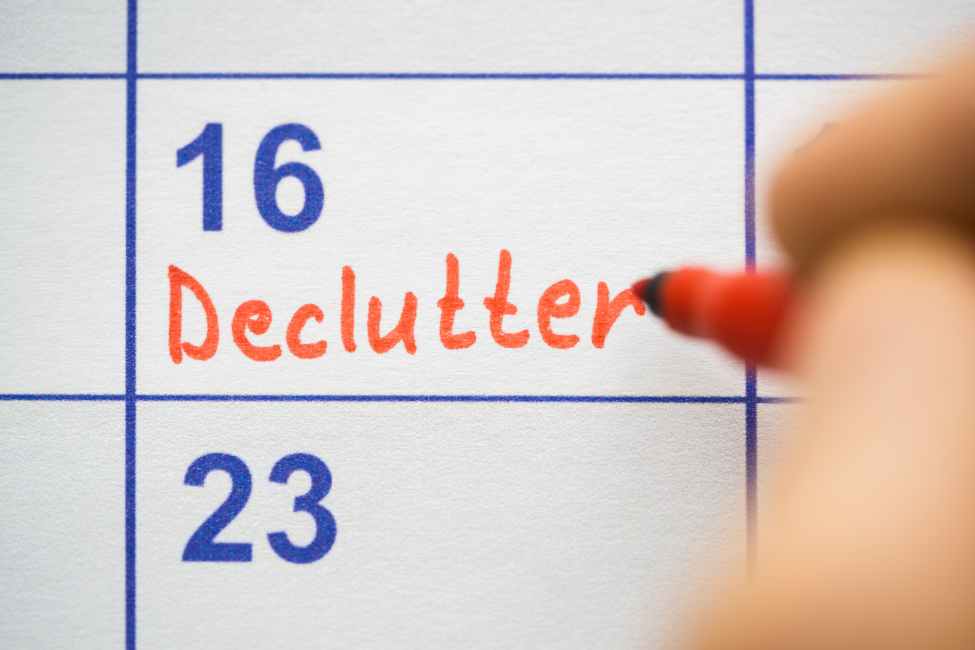
Is There Any Way To Avoid Clutter Building Up Again In The Future?
When it comes to decluttering, one of the most important questions is how to prevent clutter from building up again in the future. It’s a common issue for many people – after successfully decluttering, the space can quickly become cluttered once more.
So, what are some strategies for keeping things organized?
One approach is to be mindful about new purchases, and think twice before buying something that may end up adding to clutter. Similarly, if you notice clutter starting to build up again, take steps immediately to get rid of it. This involves making sure all items have a home, and being disciplined about putting them away after each use.
Another way of preventing clutter from accumulating is by getting into the habit of regular decluttering sessions. Schedule a set time each week or month when you can go through your possessions and identify anything you no longer need or want. Doing this regularly will help ensure that your space doesn’t become overrun with unnecessary items again in the future.
It’s understandable that some people may feel overwhelmed by the prospect of decluttering and finding ways to keep things organized. However, with a little planning and discipline, it is possible to create an environment where clutter won’t be able to accumulate again easily. Taking steps like being mindful of purchases and setting aside regular times for decluttering will go a long way toward keeping your space clutter-free in the long run.

Conclusion
In conclusion, decluttering can have a huge positive impact on our mental well-being. It can give us a sense of control and allow us to focus on the things that matter most. Taking the time to assess what we truly need and getting rid of everything else can be an incredibly rewarding experience.
However, it’s important to remember that different techniques work for different people. It’s best to take your time and find a method that works for you – one that won’t cause too much stress or anxiety in the process. Additionally, there are some helpful tools and resources out there which can make the task easier.
Finally, it’s important to ensure that clutter doesn’t build up again in the future. To do this, I’d recommend setting aside regular time for decluttering and organization – even just half an hour a week can make all the difference! Ultimately, it takes effort and commitment but with perseverance, you’ll soon reap the rewards of having a less cluttered life!

